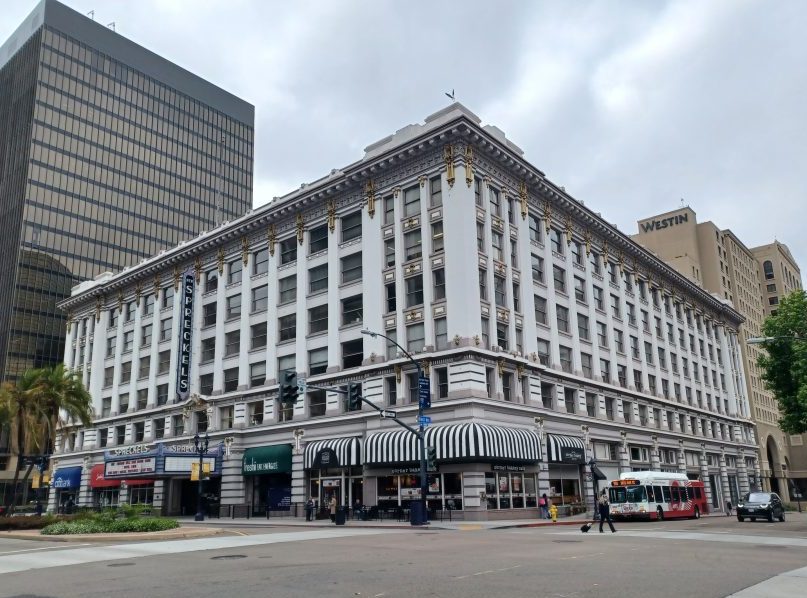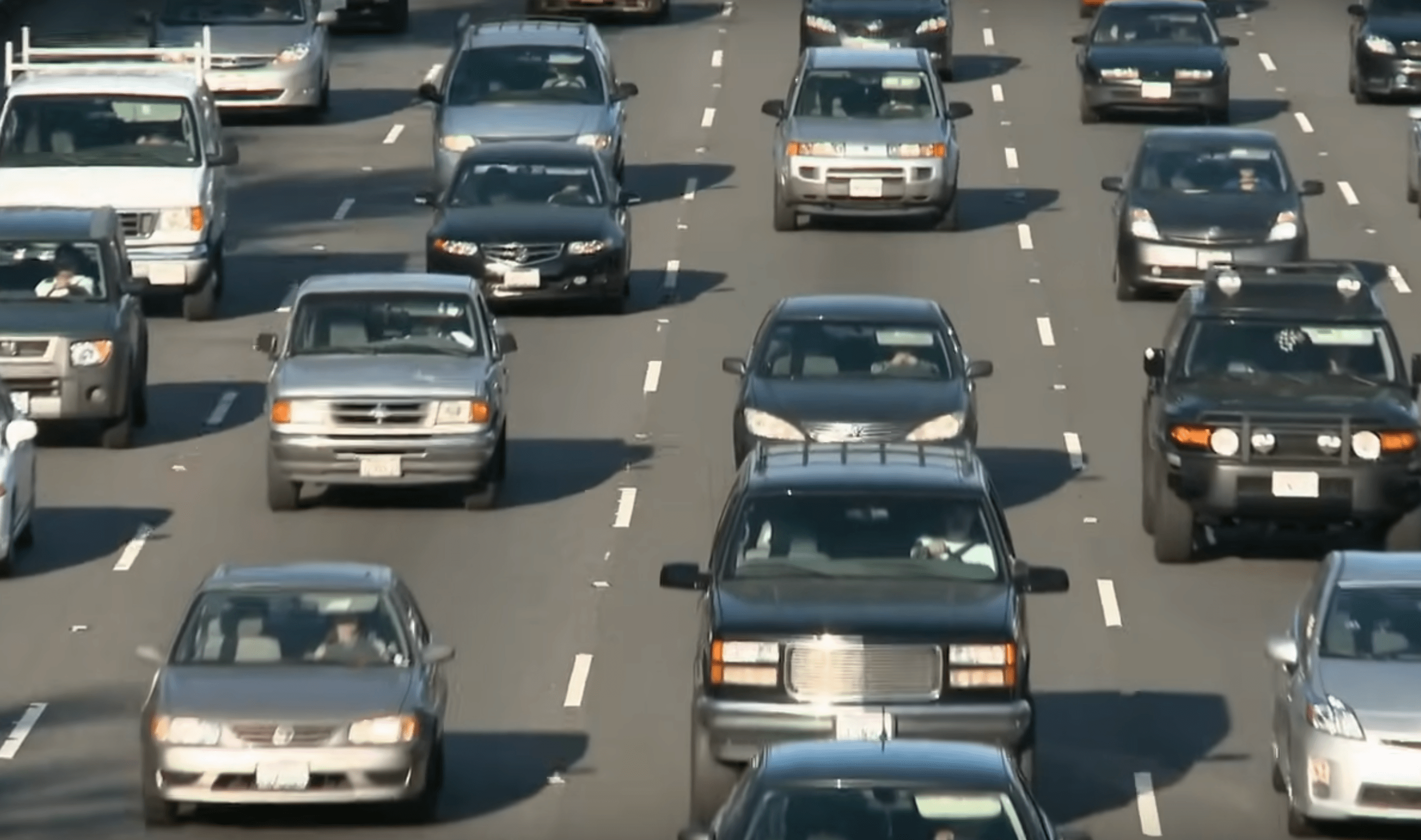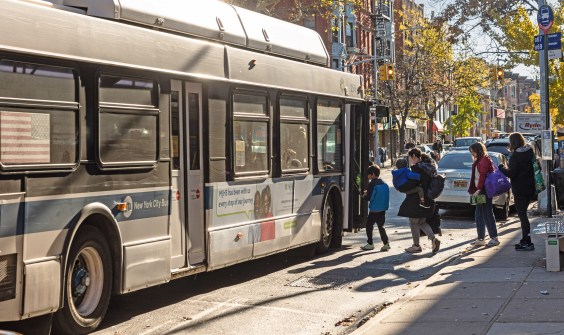Last week, the California Assembly delivered some good news for people who want both sustainable transportation and housing affordability, when two bills survived floor votes and moved on to the Senate. Advocates have known for many years that transportation and land use are really two sides of the same coin, and that we must be willing to engage both sides of the problem to truly make progress. Both of these bills illustrate that a powerful approach to addressing these overlapping problems can be to solve both at once.
A.B. 2097 (Laura Friedman, D-Glendale) seeks to abolish minimum car parking requirements near major transit stops. Assemblymember Friedman shrewdly refers to them as parking "mandates," which definitely sounds like more of a bummer than "requirements." This bill is based on the premise that we should act on the mountain of evidence showing that parking mandates increase construction costs for housing, decrease the density of proposed housing - thus exacerbating the housing shortage that pushes up rents - and skew our transportation system towards driving and the myriad associated harms to climate, air quality, equity, and the safety of everyone who uses our streets. A full 42 percent of households in LA County have no vehicle or only one vehicle available to them, but local governments often require two or more parking spaces per apartment.
This forces folks who don’t even use the parking to pay for it in the form of higher rent. Businesses that are struggling to recover from the economic fallout of COVID-19 often can’t expand or relocate because there isn’t “enough parking” to satisfy a city’s zoning code. This is true even within walking distance of rail lines into which we have invested billions of tax dollars. A solid majority of the California Assembly voted to move the bill forward to the Senate, where a very similar bill from last year, A.B. 1401, was held up in the Appropriations Committee.
We should ask ourselves why a hugely beneficial bill, which will cost the state basically nothing to implement, could die in a fiscal committee.
A.B. 1778 (Cristina Garcia, D-Bell Gardens) would prohibit the state from spending money or personnel time on freeway widening projects in areas with high pollution and poverty. This would be determined by referring to the California Healthy Places Index. Research shows that widening freeways increases driving, greenhouse gas emissions, and air pollution. Widening freeways also demolishes homes and businesses. These harms fall disproportionately on Black, indigenous, and other communities of color. In a time of climate and housing crises, freeway widening projects are moving California in the wrong direction.
And in the end, they don’t even achieve their stated objectives of reducing traffic congestion. And yet, despite having access to all of this knowledge, Metro and Caltrans are still bent on foisting these harmful projects onto our communities.
A.B. 1778 simply says that the state should not subsidize this process within the most vulnerable neighborhoods. There are so many better uses in which we could invest our scarce transportation funds: transit construction, more frequent transit service, eliminating, reducing, and streamlining transit fares, building protected bike lanes, widening and maintaining sidewalks, adding to the tree canopy, and building affordable housing near transit so that we can create equitable access to the sustainable transportation system we so desperately need. The California Assembly agrees. Can we sustain that progress through the Senate and the Governor’s office?
Folks in the pro-housing movement need to be ready to jump into these transportation debates, just as livable streets advocates need to be ready to push for housing affordability. We can build a sustainable transportation system, but it won’t matter if the people who need it most can’t afford to live close enough to use it. We can lower housing costs by eliminating parking requirements, but it won’t matter if the people who might benefit are lost to traffic violence or we let the climate crisis go unchecked and undermine the foundation of life on earth. We don’t have the luxury of keeping these issues separate. Our problems are not confined to neat little packages, and our solutions can’t be either.
David J. Barboza, AICP, is the Director of Policy and Research for Abundant Housing LA





